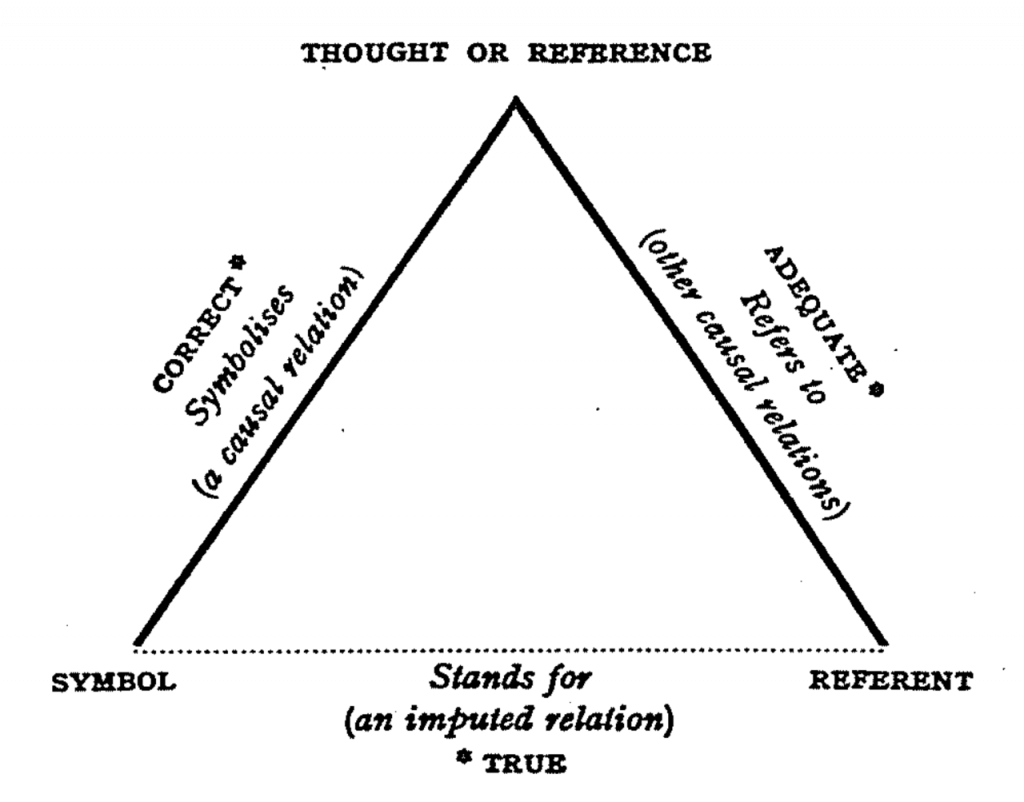Image: © Tavis Bohlinger by Donald C. McIntyre See also Part 1 Verbal Aspect has the Ability to Show Points of Emphasis and De-emphasis In Porter’s analysis of Philippian 2:5-11 the two verbal forms which are not in the perfective aspect are the...
"Most NT scholars are not well-acquainted with cognitive linguistics. (I’m certainly not.) That’s why I think we should be all the more careful when we immerse ourselves too deep in associative meanings."
We have offered some preliminary comments on preaching, its purposes and the mindset of the preacher. Now I want to offer some guidance on Bible study and exegetical resources.
Thomas Schreiner’s BECNT commentary on Romans has just undergone a major revision from the first edition, released 20 years ago. The second edition is a whopping 944 pages of thorough exegetical work, updated with the latest scholarship on...



